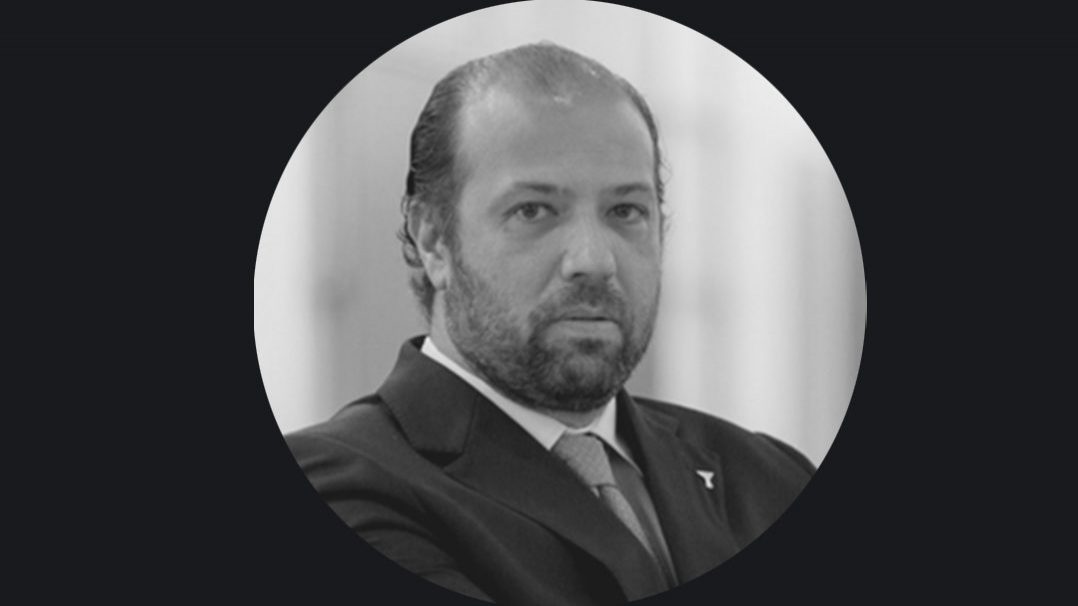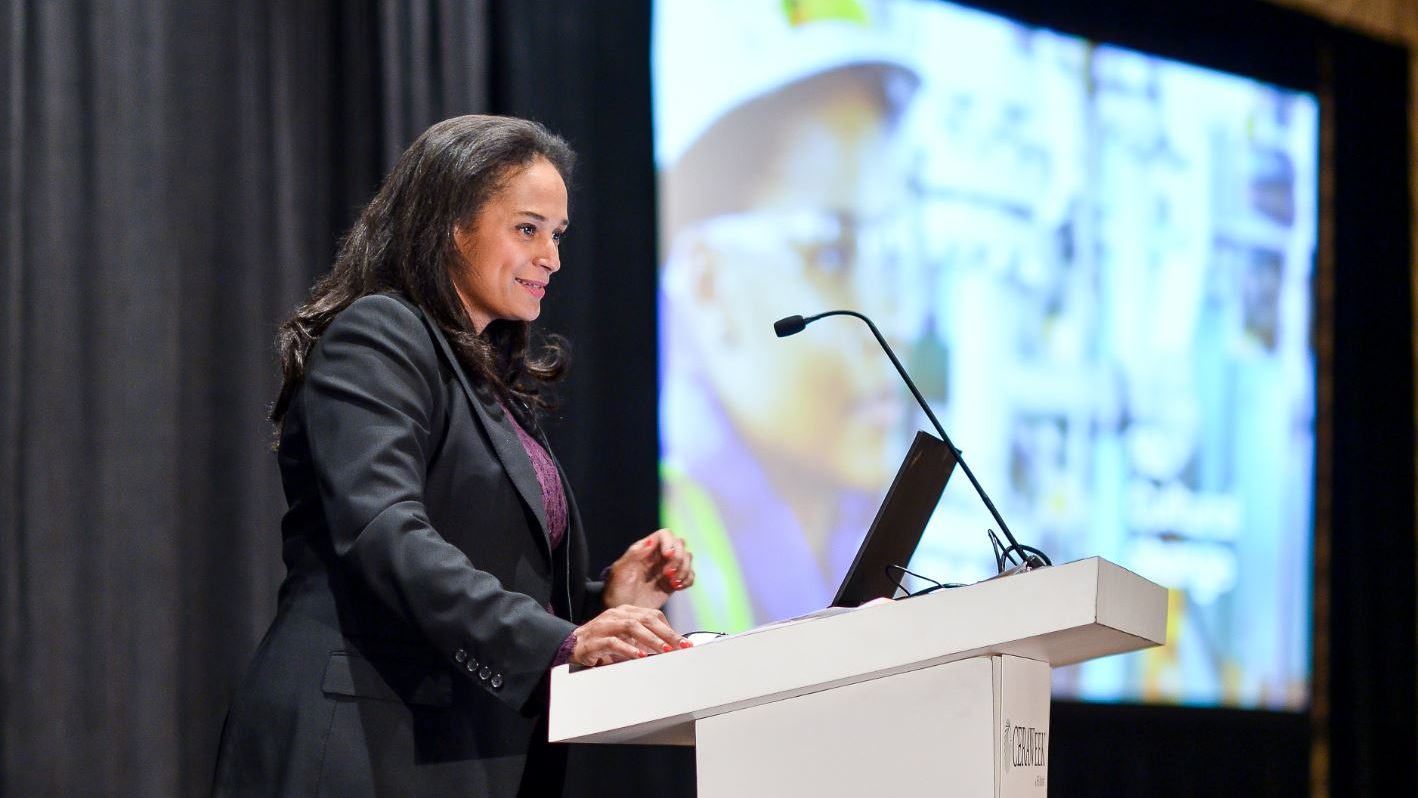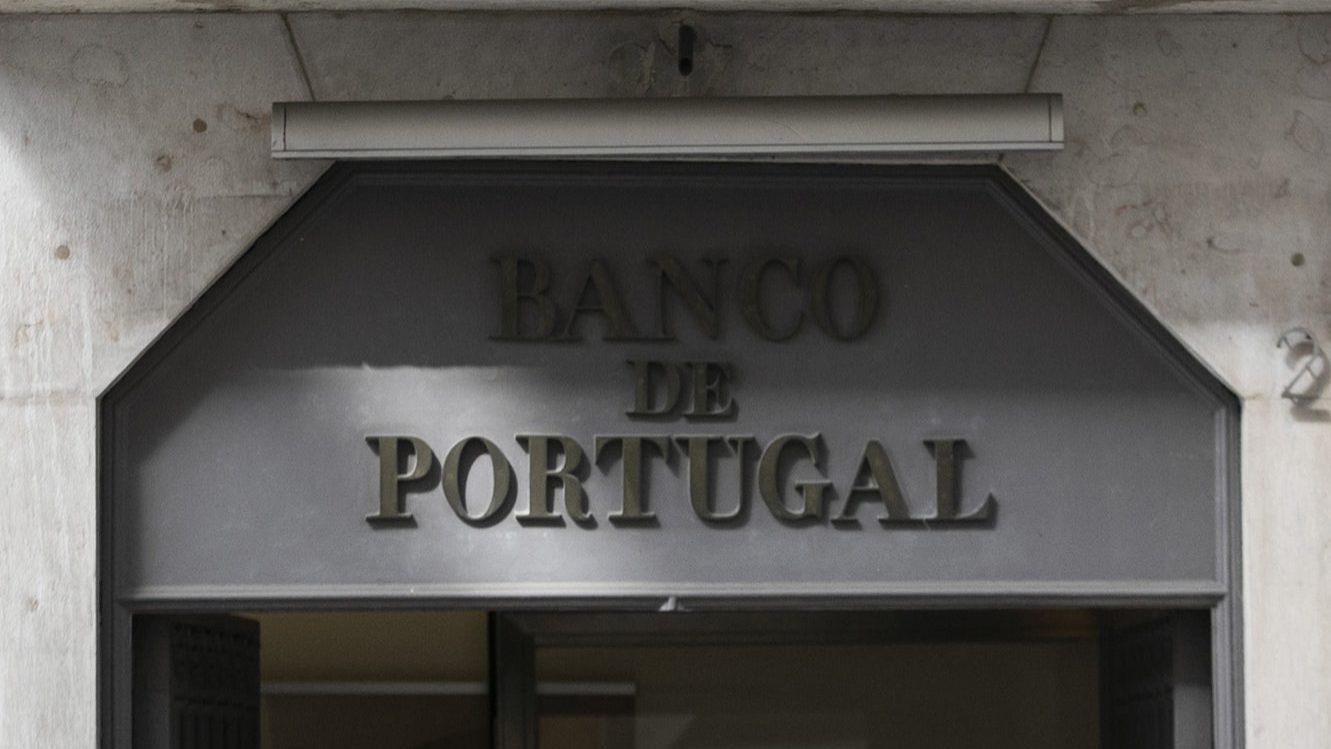Rui Pinto assumes he’s the Luanda Leaks whistleblower
The hacker Rui Pinto is really the Luanda Leaks whistleblower. The information was confirmed this Monday in a statement by William Bourbon, lawyer of Rui Pinto and president of PPLAAF.
Rui Pinto is the Luanda Leaks whistleblower. Portugal’s Criminal Investigation Police believed that the Portuguese hacker was the whistleblower behind the leak, a suspicion that was confirmed this Monday in a statement by lawyer William Bourbon, according the newspaper Expresso.
The Luanda Leaks revealed a set of 715,000 documents containing information about Isabel dos Santos, including transfers made by the Angolan businesswoman to offshore accounts in Dubai.
At the heart of the investigation done by the International Consortium of Investigative Journalists, there were documents that, it is now known, were delivered by the Portuguese hacker to the Platform to Protect Whistleblowers (PPLAAF) in Africa, based in Paris, France.
“PPLAAF is pleased that once again a whistleblower [whistleblower] reveals to the world acts that go against the international public interest,” said William Bourbon, Rui Pinto’s attorney.
The Portuguese hacker’s lawyer stresses that “as in the Football Leaks case, these revelations should allow the launch of new judicial investigations and consequently help in the fight against impunity for financial crimes in Angola and the world.”
With the delivery of the documents, held in 2018 through a hard drive, Rui Pinto discards any political motivations, stating that the intention is to expose illegal activities or contrary to the public interest and help society to understand the complicity of facilitators of the world in the business of Isabel dos Santos.
The director of the International Consortium of Investigative Journalists (ICIJ), Gerard Ryle, has also defended Rui Pinto, stating that “the documents came from a concerned citizen” and that he acted “on behalf of the public.
“The sharing (…) provided undeniable evidence about the unnecessary misery that was inflicted on the people of Angola and the role of the intermediaries who were enriched by facilitating this,” notes Gerard Ryle in a statement.


